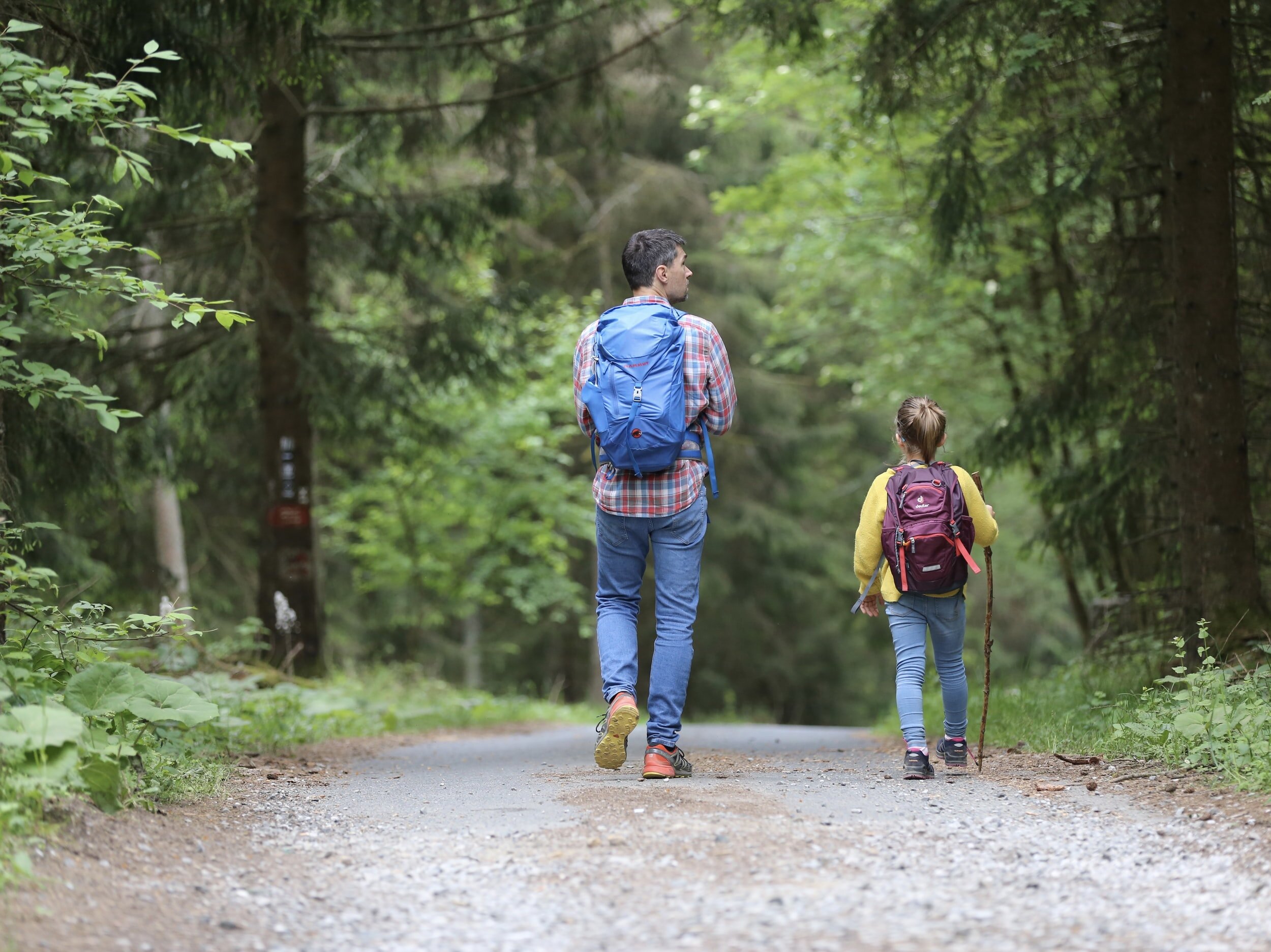4 Important Reasons to Put on YOUR Oxygen Mask First
Assuming that the majority of readers have flown on an airplane, this will be a familiar phrase. Now, this begs the question – why would airlines want us to take care of our own masks before caring for our helpless child next to us? The answer is simple: if you pass out because you delay putting on your own mask, who is going to help out your child? Your child may not have the ability or instinct to reach for the oxygen. The same applies to everyday life.
“You can’t help your child if you don’t first help yourself.”
Why self-care ISN’T selfish:
Model Behavior: Whether you like it or not, children follow your lead. Every effort you make toward self-care you communicate to your child, “you are allowed to take the space to care for yourself.” This implicit message is much more powerful than a “do as I say not as I do” mentality. Additionally, this helps clarify for children the boundary between themselves and you, which sets them up for success in creating healthy relationships in the future.
Limit Chaos: Don’t add fuel to the fire. If you are exhausted, overwhelmed with work, skipped lunch, and dehydrated, how much patience are you going to have for your 6 year-old who just dumped her Legos all over the floor for no apparent reason? How well will you tolerate your teen shouting “whatever!” and stomping off? I know I would barely be able to handle the sound of chewing if I were in that state. Chaos builds on more chaos, so limit how much you bring into the interaction by taking care of yourself.
Mirror Neurons: You child feels what you feel. Your presence as a calm and collected caregiver will actually activate your child’s neurons to experience a similar emotion, albeit at a lower amplitude. Furthermore, the greater your ability to attune to your child’s emotions, the more accurately you can help them identify and process whatever is bothering them
Anchor in the Storm: Everyone needs a constant for security in the tumult of an unpredictable world. For children, these are their primary caregivers. With a larger emotional reserve, you are less likely to be flustered by your environment and you can more effectively contain and quell the upset. Necessarily, your child’s anxiety will decrease and they will better be able to engage in problem solving on their own.
Self-care is important for parenting. It’s important for you as an adult and for your children. I recommend that you start small as you begin to introduce self-care practices into your life. As you consider what that may be and how you may implement it, look out for my next article discussing 3 ways to leverage your physiology to better cope through stressful times.


